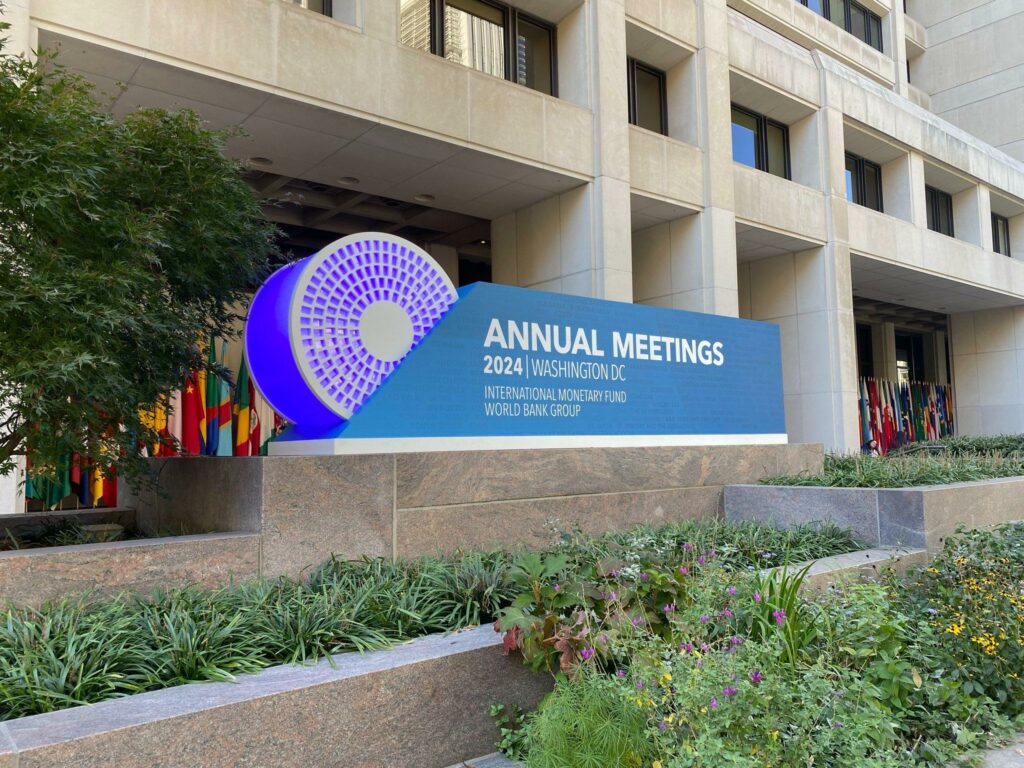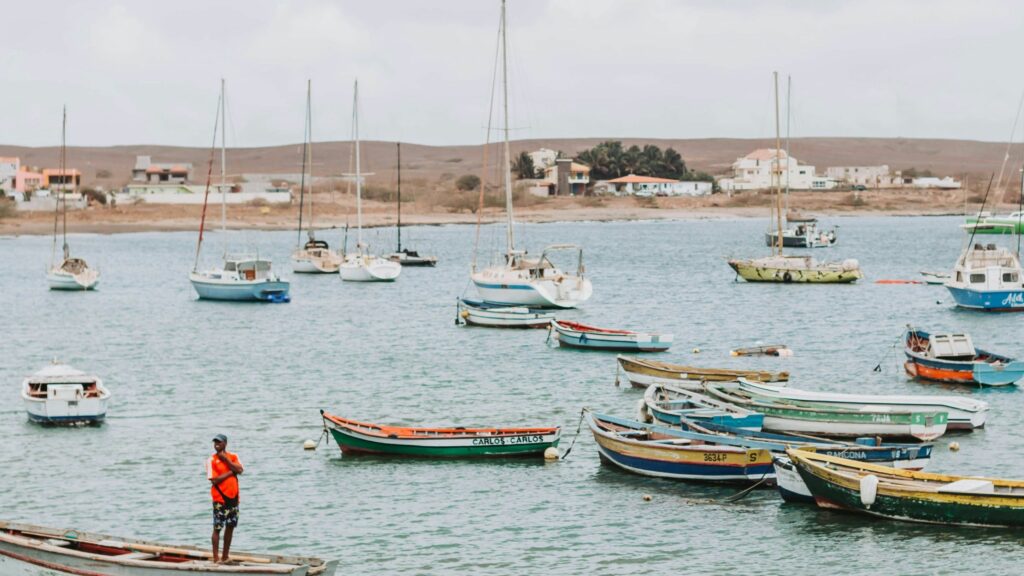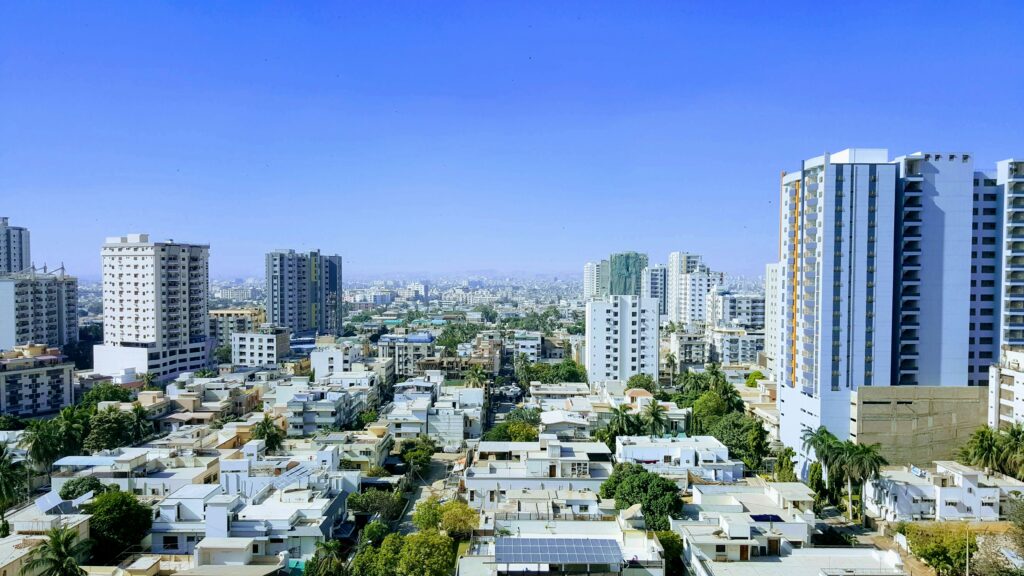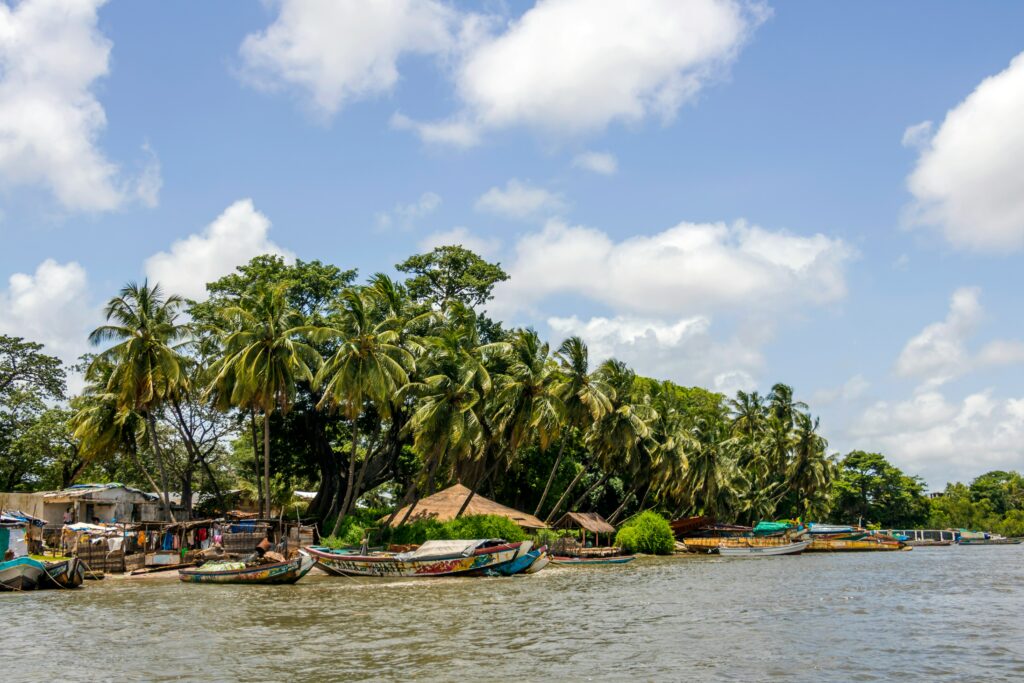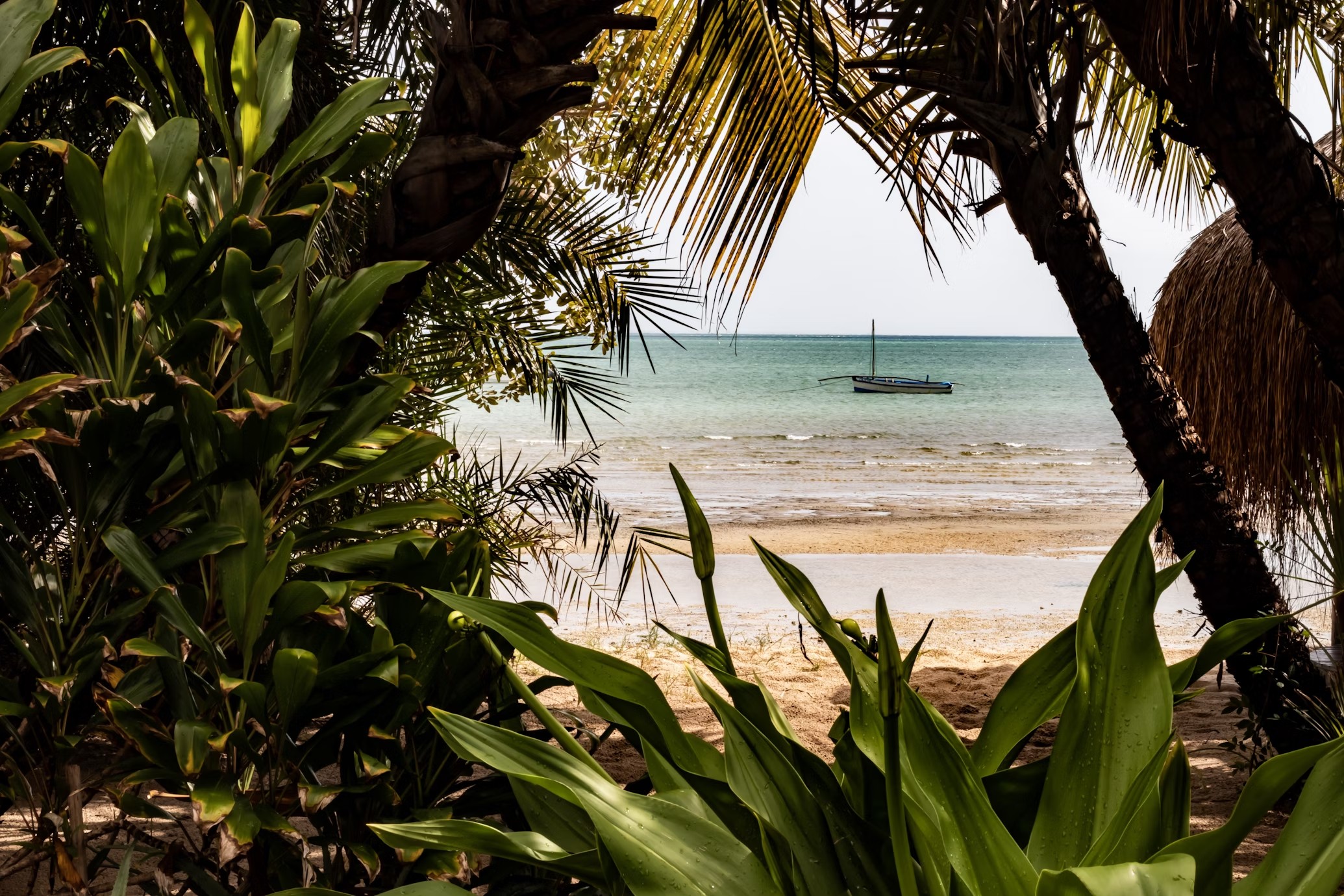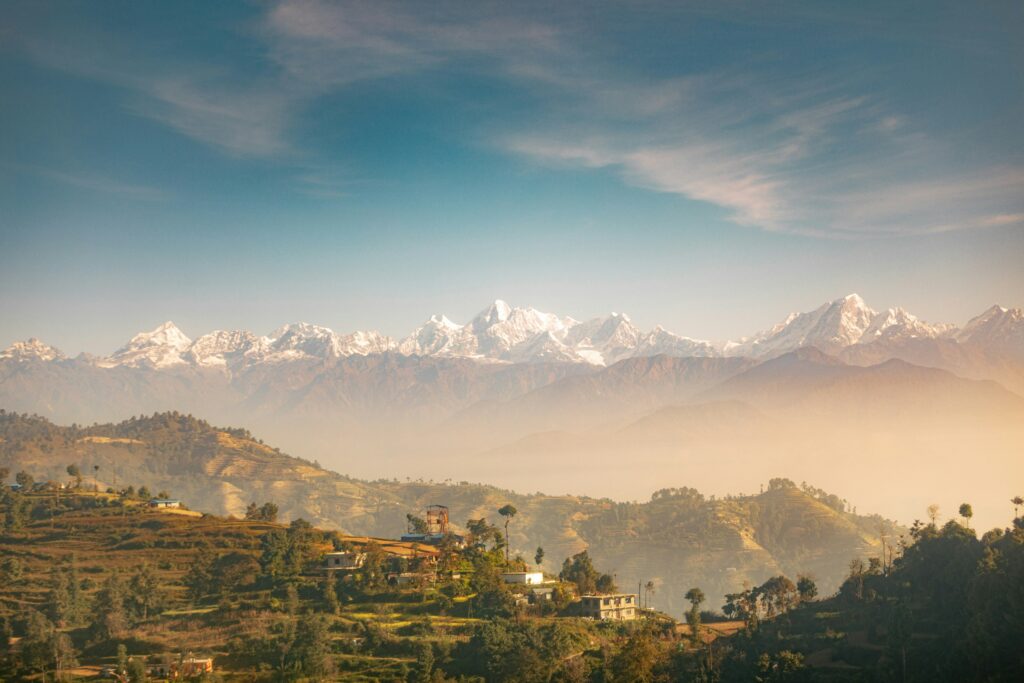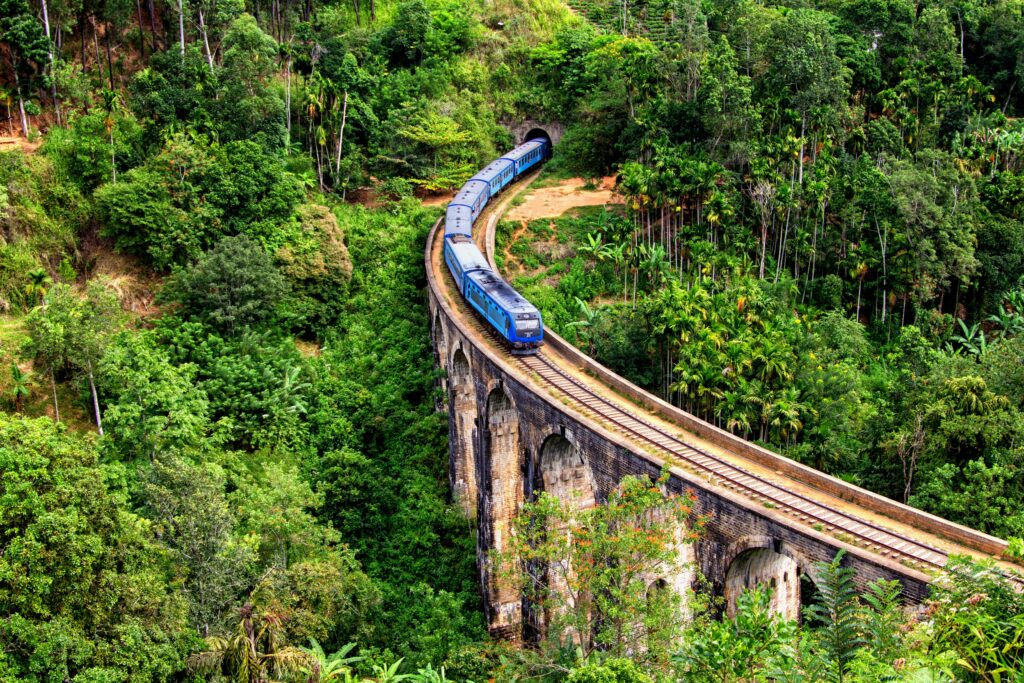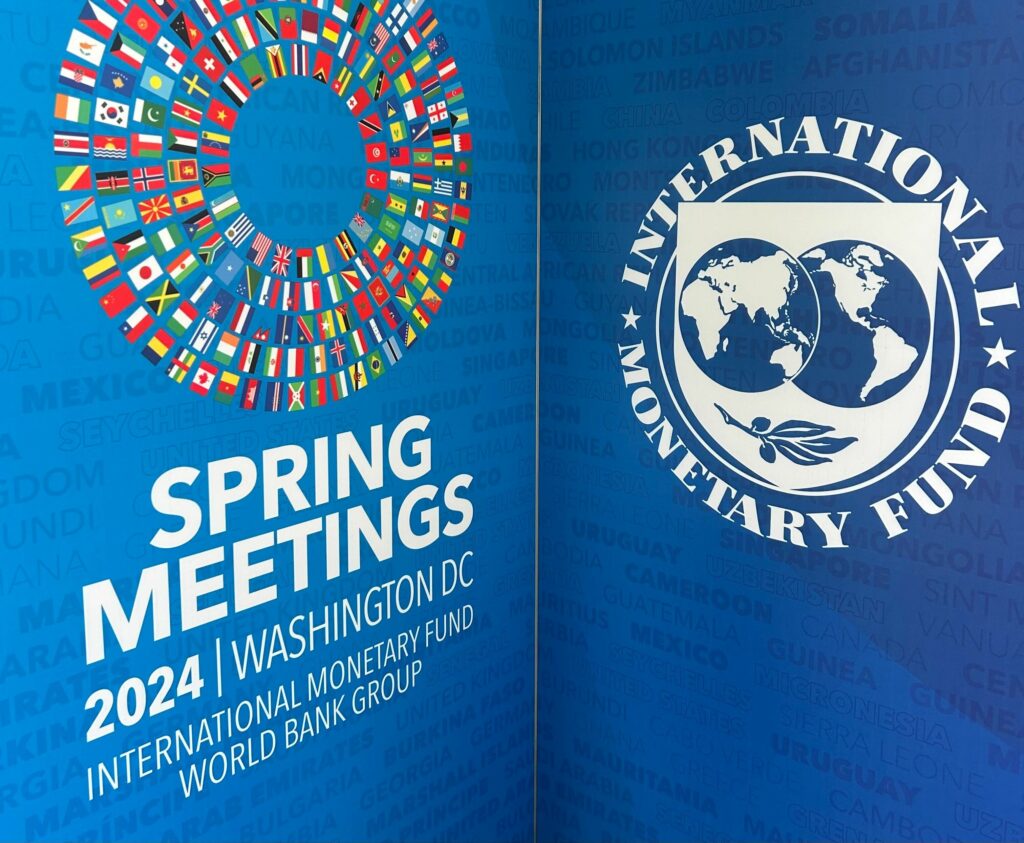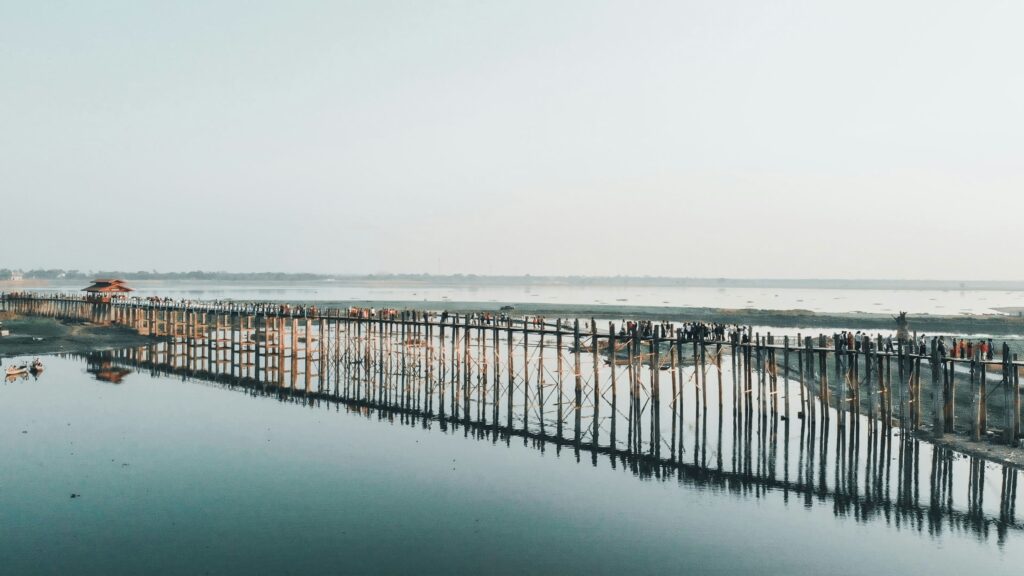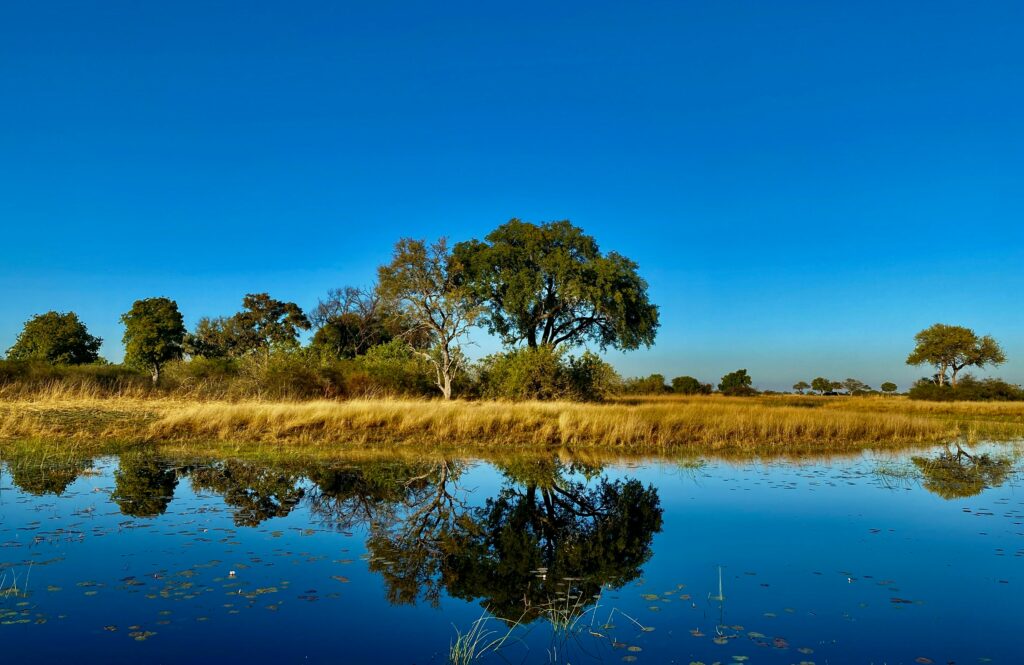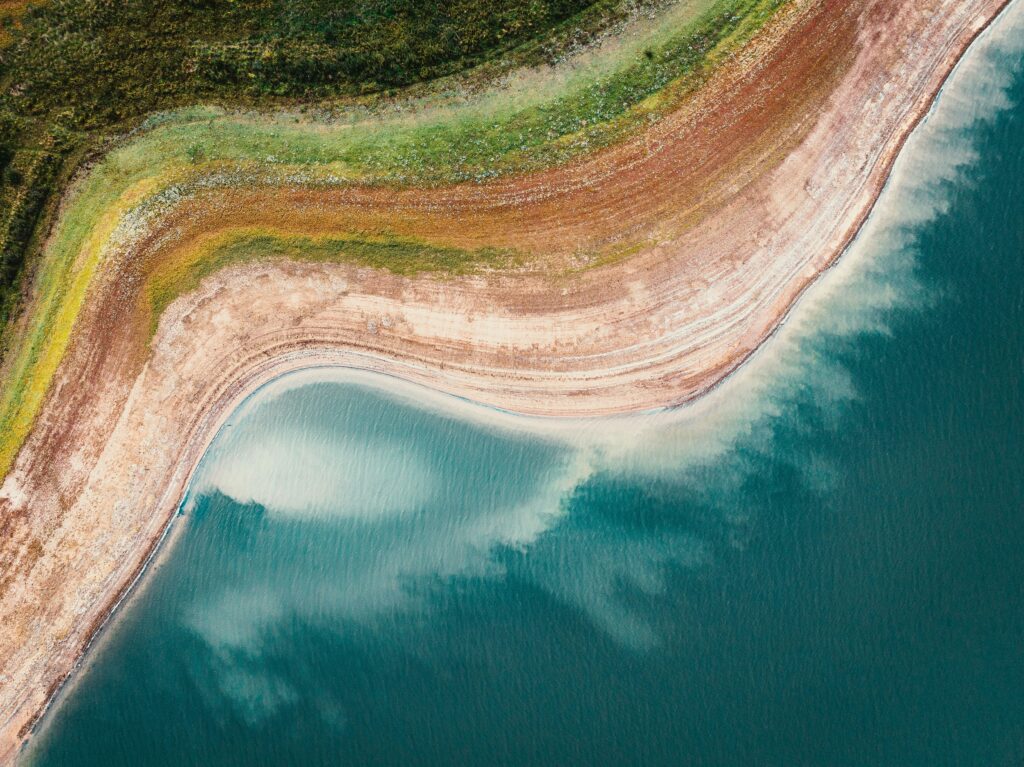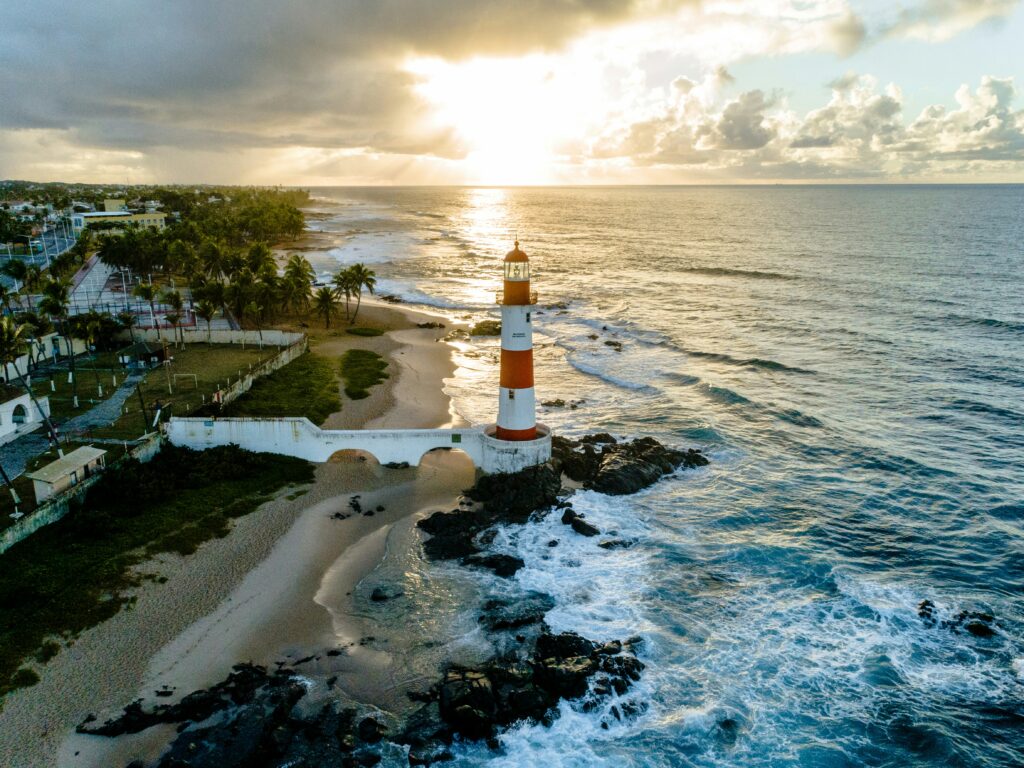Despite record-high debt levels and low growth prospects, the 2024 Annual Meetings of the International Monetary Fund (IMF) and World Bank Group achieved little concrete progress on debt. Nonetheless, discussions underscored the urgent need for innovative solutions – and momentum for effective debt relief appears to be building. Here’s a look at the key takeaways.
Africa is amongst the most vulnerable regions in the world to the impacts of climate change, while also grappling with a severe sovereign debt crisis. Our new new policy brief analyzes Africa’s debt dynamics and outlines a proposal to unlock the continent’s potential for green growth and support climate resilience.
In a joint statement organized by the Debt Relief for a Green and Inclusive Recovery (DRGR) Project, former central bankers and finance ministers call for comprehensive debt relief and the mobilization of new financial resources to prevent a default on development and climate goals.
To address climate change and meet the United Nations 2030 Sustainable Development Goals, emerging market and developing economies (EMDEs), excluding China, need to mobilize an estimated $3 trillion annually. However, these nations face fiscal constraints exacerbated by the COVID-19 pandemic, capital flight, and rising borrowing costs. The new Sovereign Debt and Environment Profiles (SDEP) database from Boston University’s Global Development Policy Center (GDP Center) examines these fiscal constraints and green investment opportunities in 114 EMDEs, bridging the research findings of the DRGR project and the GDP Center.
On Tuesday, May 14, 2024, the Debt Relief for a Green and Inclusive Recovery (DRGR) Project hosted a webinar discussion to launch its new report, “Defaulting on Development and Climate – Debt Sustainability and the Race for the 2030 Agenda and Paris Agreement.”
Rising debt threatens development and climate protection in emerging market and developing evonomies. In order to make necessary climate investments affordable for countries with limited financial leeway, comprehensive reforms and targeted debt relief are inevitable.
The case of Zambia’s highlights the complexities and consequences of global debt dynamics, demonstrating that comprehensive debt relief is not only crucial for economic stability – but also for reducing global inequality. Reforming the G20’s Common Framework would be a key place to start.
Despite historic debt levels and escalating challenges faced by emerging and developing economies (EMDE), there was little to no progress regarding debt at the annual International Monetary Fund (IMF)/World Bank Group Spring Meetings. However, the discourse at the meetings highlighted the urgent need for innovative solutions and greater cross-border cooperation. Here is an overview of the most important developments.
How can emerging market and developing economies (EMDEs) mobilize the necessary financing to achieve the 2030 Agenda and the Paris Agreement without compromising their debt sustainability or indeed, solvency? A new report by the DRGR Project performs an enhanced global external debt sustainability analysis (DSA) to estimate the extent to which EMDEs can mobilize the recommended levels of external financing without jeopardizing debt sustainability.
The Debt Relief for a Green and Inclusive Recovery (DRGR) Project is pleased to announce the appointment of Bogolo Kenewendo and Dr. Patrick Njoroge as its newest Co-Chairs.
The lack of meaningful engagement from all creditor classes has undermined the effectiveness of the Group of 20’s Common Framework in providing significant debt relief. Our “Chart of the Week” shows why the role of multilateral development banks in particular deserves special attention.
As president of the G20, Brazil should propose a discussion on broad debt relief for developing countries and the inclusion of all creditors in renegotiations.
